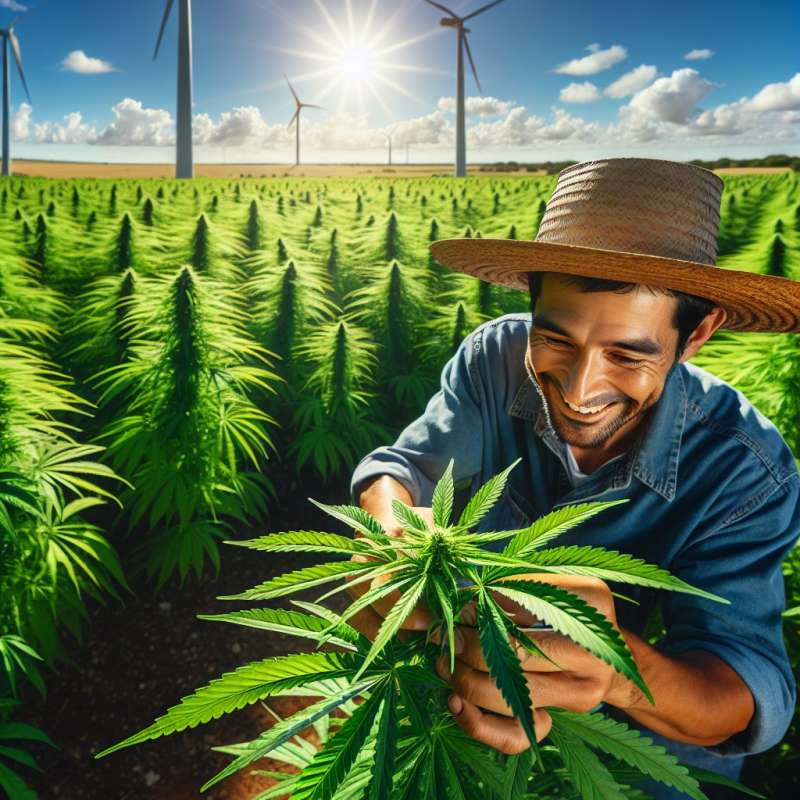
Texas Hemp Overview
Texas legalized hemp growing in 2019. Since then, the industry has seen a surge of interest, with growers embracing the crop's versatility and low water requirements, a significant consideration in Texas' climate.
Regulatory Framework
Growers must navigate complex regulations, including obtaining licenses, ensuring THC levels below 0.3%, and adhering to state-specific guidelines. Compliance is enforced by the Texas Department of Agriculture.
Economic Potential
Industrial hemp in Texas offers economic promise, especially for small-scale farmers. With applications from textiles to bioplastics, it could diversify income streams and boost local economies.
Cultivation Challenges
Despite benefits, growers face challenges such as pest management, crop insurance access, and market volatility. Education on best practices is key for a successful hemp industry in Texas.
Research and Development
Texas A&M AgriLife Research is pioneering hemp studies, focusing on strain suitability for Texas climates, optimizing growing conditions, and developing new hemp-derived products.
Market Opportunities
Texas's hemp industry isn't just about CBD oil. There's growing interest in sustainable hemp construction materials, like 'hempcrete', which could revolutionize the state's building sector.
Future Prospects
With ongoing research, supportive legislation, and an evolving market, the Texas hemp industry has the potential to become a sustainable agricultural powerhouse in the United States.
When was hemp legalized in Texas?
Legalized in 2017
Legalized in 2018
Legalized in 2019
Company